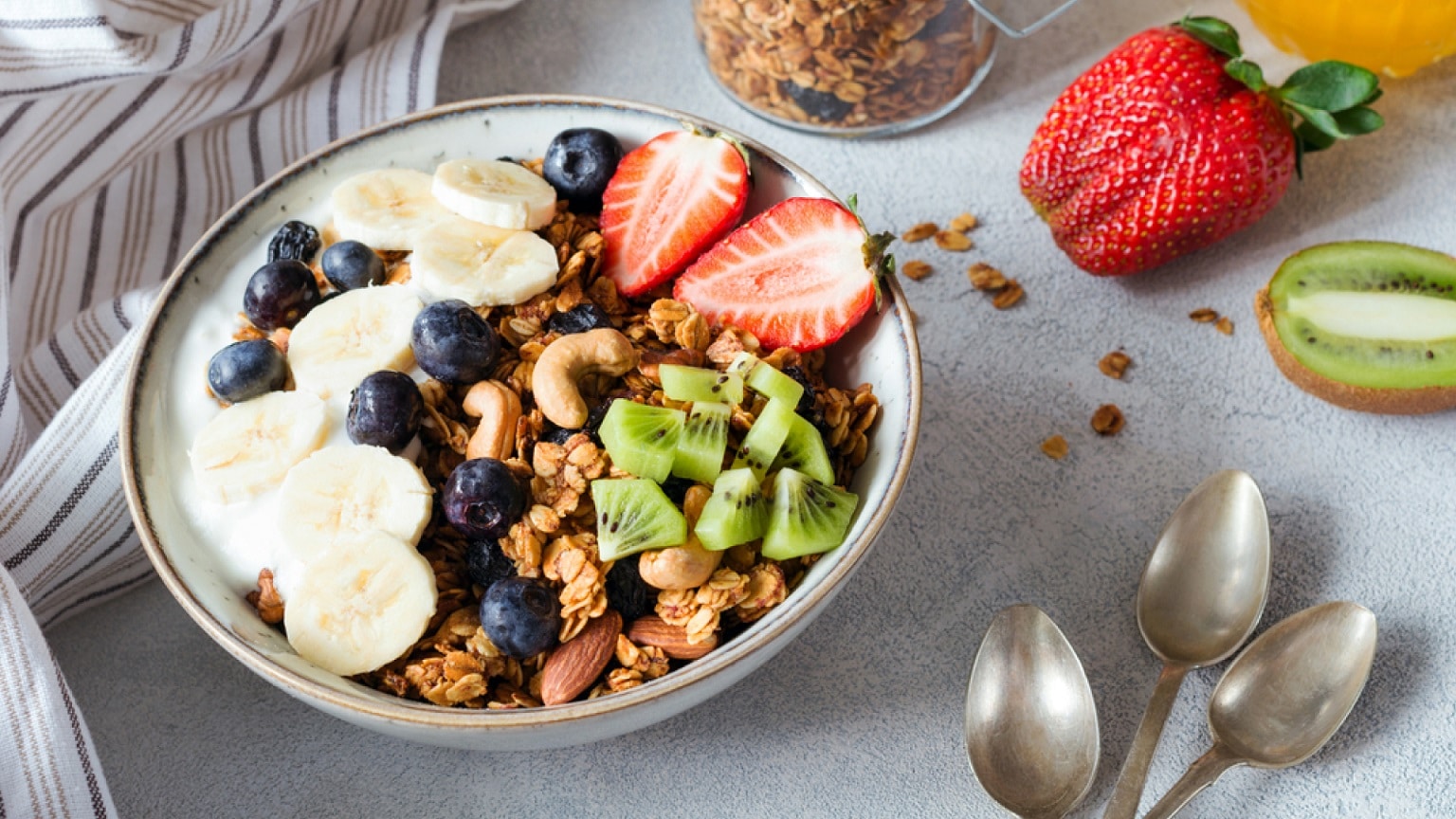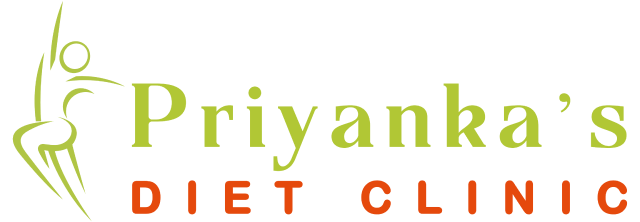1800 Calories Meal Plan – As we know calories are an important part of eating a balanced diet. Meal plans keep the health of an individual in good condition and also keep them on track. While creating an 1800-calorie meal plan, it’s important to focus on nutrient-dense foods that provide essential vitamins, minerals, and macronutrients. If you are searching for the 1800 Calories Meal Plan, we give you a one-week meal plan designed for those who need about 1,800 calories per day without any other dietary needs or restrictions.

Simple and Easy 1800 Calories Meal Plan
Monday
- Breakfast (300 calories) – 2 boiled eggs (140 calories) + 1 slice whole-grain toast (70 calories) + 1 medium-sized apple (90 calories)
- Lunch (450 calories) – Grilled chicken breast (200g) (240 calories) + Quinoa (1 cup cooked) (220 calories) + Steamed broccoli (1 cup) (30 calories) + Olive oil dressing (1 tablespoon) (60 calories)
- Snack (150 calories) – Greek yogurt (1 cup) (150 calories)
- Dinner (500 calories) – Baked salmon fillet (150g) (220 calories) + Sweet potato (1 medium, baked) (103 calories) + Mixed green salad with vinaigrette (2 cups) (100 calories) + Steamed green beans (1 cup) (77 calories)
Tuesday
- Breakfast (300 calories) – Oatmeal (1 cup cooked) with berries (150 calories) + Almond milk (1 cup) (30 calories) + 1 medium banana (120 calories)
- Lunch (450 calories) – Turkey sandwich with whole-grain bread (2 slices) (300 calories) + Lettuce, tomato, and cucumber slices (50 calories) + Hummus (2 tablespoons) (100 calories)
- Snack (150 calories) – Carrot sticks with hummus (150 calories)
- Dinner (500 calories) – Shrimp stir-fry with mixed vegetables (200g) (250 calories) + Brown rice (1 cup cooked) (215 calories) + 1 cup pineapple chunks (35 calories)
Wednesday
- Breakfast (300 calories) – Smoothie with spinach, banana, Greek yogurt, and almond milk (250 calories) + 1 tablespoon chia seeds (50 calories)
- Lunch (450 calories) – Lentil soup (1 cup) (230 calories) + Whole-grain roll (1 piece) (120 calories) + Mixed green salad with balsamic dressing (2 cups) (100 calories)
- Snack (150 calories) – Mixed nuts (1/4 cup) (150 calories)
- Dinner (500 calories) – Grilled tofu (150g) (190 calories) + Quinoa (1 cup cooked) (220 calories) + Steamed asparagus (1 cup) (90 calories)
Thursday
- Breakfast (300 calories) – Scrambled eggs with spinach and feta (2 eggs) (200 calories) + 1 slice whole-grain toast (70 calories) + 1 medium orange (30 calories)
- Lunch (450 calories) – Chickpea salad with cherry tomatoes, cucumber, and feta (2 cups) (350 calories) + Olive oil and lemon dressing (1 tablespoon) (100 calories)
- Snack (150 calories) – Cottage cheese (1/2 cup) with sliced peaches (150 calories)
- Dinner (500 calories) – Grilled chicken breast (200g) (240 calories) + Quinoa (1 cup cooked) (220 calories) + Steamed broccoli and carrots (1 cup) (40 calories)
Friday
- Breakfast (300 calories) – Whole-grain waffle with berries and maple syrup (2 waffles) (250 calories) + Almond milk (1 cup) (30 calories) + 1 medium apple (90 calories)
- Lunch (450 calories) – Turkey and avocado wrap with whole-grain tortilla (1 wrap) (350 calories) + Mixed green salad (1 cup) with vinaigrette (100 calories)
- Snack (150 calories) – Greek yogurt parfait with granola and berries (1 cup) (150 calories)
- Dinner (500 calories) – Baked cod fillet (150g) (150 calories) + Quinoa and black bean salad (1 cup) (250 calories) + Steamed green beans (1 cup) (50 calories) + Sliced watermelon (1 cup) (50 calories)
Saturday
- Breakfast (300 calories) – Overnight oats with almond milk, chia seeds, and mixed berries (1 cup) (250 calories) + 1 tablespoon almond butter (50 calories)
- Lunch (450 calories) – Grilled vegetable and hummus wrap with whole-grain tortilla (1 wrap) (350 calories) + Carrot sticks (1 cup) (100 calories)
- Snack (150 calories) – Hard-boiled eggs (2 eggs) (150 calories)
- Dinner (500 calories) – Baked chicken thighs (200g) with rosemary and lemon (300 calories)
- Quinoa (1 cup cooked) (220 calories) + Roasted Brussels sprouts (1 cup) (80 calories)
Sunday
- Breakfast (300 calories) – Smoked salmon and cream cheese bagel with whole-grain bagel (1 bagel) (250 calories) + 1 medium orange (30 calories) + Green tea (1 cup) (20 calories)
- Lunch (450 calories) – Quinoa and black bean bowl with salsa and avocado (2 cups) (350 calories) + Lime wedge for flavour (10 calories) + Mixed green salad with vinaigrette (1 cup) (90 calories)
- Snack (150 calories) – Cottage cheese (1/2 cup) with pineapple chunks (150 calories)
- Dinner (500 calories) – Stir-fried tofu with vegetables (200g) (250 calories) + Brown rice (1 cup cooked) (215 calories) + Steamed broccoli and carrots (1 cup) (35 calories)
Therefore, the following is the Best 7 Days 1800 Calories Meal Plan, follow this meal plan properly and keep your body fit and healthy.
What Foods You Should Avoid During an 1800 Calories Meal Plan?
However, it’s also advisable to limit or avoid certain foods that are high in added sugars, saturated fats, and empty calories. Here are some foods to consider minimizing or avoiding:
#1. Processed Foods – Highly processed foods often contain added sugars, unhealthy fats, and high levels of sodium. These can include packaged snacks, sugary cereals, and pre-packaged meals.
#2. Added Sugars – Minimize the intake of foods and beverages with added sugars. This includes sugary drinks, candies, pastries, and desserts. Opt for natural sources of sweetness, such as fruits, when satisfying your sweet tooth.
#3. Saturated Fats – Limit the consumption of foods high in saturated fats, such as fatty cuts of red meat, full-fat dairy products, and fried foods. Instead, choose lean protein sources and incorporate healthy fats from sources like avocados, nuts, and olive oil.
#4. High-Calorie Snacks – Snacking can be a part of a healthy meal plan, but choose nutrient-dense snacks rather than those high in empty calories. Avoid sugary snacks, chips, and other processed snacks.
#5. White Refined Grains – Choose whole grains over refined grains. Whole grains like brown rice, quinoa, and whole wheat provide more fiber and nutrients compared to their refined counterparts.
#6. Alcohol – While moderate alcohol consumption may fit into some meal plans, it’s important to be mindful of its caloric content. Alcoholic beverages can contribute additional calories without offering significant nutritional value.
#7. Sweetened Beverages – Sugary drinks, including sodas and sweetened fruit juices, can contribute a significant amount of calories without providing essential nutrients. Opt for water, herbal tea, or infused water for hydration.
#8. Excessive Salty Foods – Foods high in sodium can contribute to water retention and increased blood pressure. Limit the intake of processed and salty foods, and instead, season your meals with herbs and spices.
#9. High-Calorie Condiments – Be cautious with high-calorie condiments like mayonnaise, creamy salad dressings, and ketchup. Choose lighter alternatives or use them in moderation.
#10. Fried Foods – Fried foods are often high in unhealthy fats and calories. Opt for cooking methods like grilling, baking, or sautéing with healthier oils instead.
Conclusion
Hope you get the complete information related to the 1800 Calories Meal Plan. Remember, balance and moderation are key. It’s okay to enjoy occasional treats, but the majority of your diet should consist of whole, nutrient-dense foods. Additionally, individual dietary needs may vary, so it’s always a good idea to consult with a healthcare professional or registered dietitian for personalized advice based on your specific health goals and conditions.






